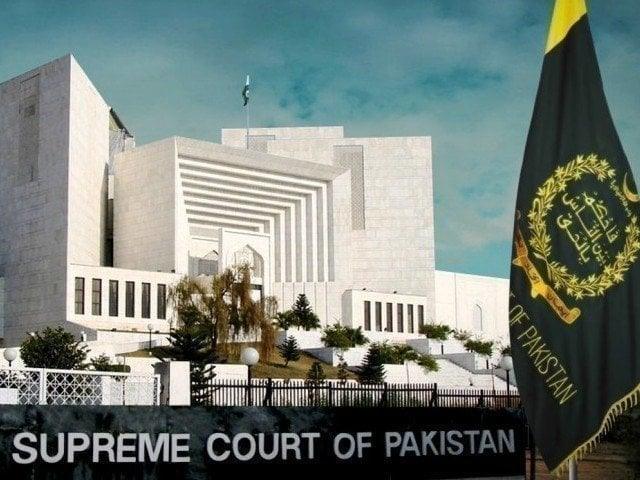Islamabad:
A crucial meeting of the Pakistan Judicial Commission (JCP), chaired by chief judge Yahya Afridi, will be held on June 19 in the Supreme Court building. The meeting will discuss the extension of the mandate of the constitutional benches.
The case was discussed for the last time during the commission session on December 21, 2024, where a majority approved an extension of six months for the designated judges of the constitutional benches of the Supreme Court.
At present, 15 judges have worked for the constitutional benches. Among them, a committee led by Judge Aminuddin Khan and including judge Jamal Khan Mandokhail and judge Muhammad Ali Mazahar select the judges for the specific constitutional benches.
The extension of the constitutional benches has been proposed for the second time. The federal government, on December 21, managed to reach the JCP which had rejected a suggestion to appoint all the judges of the Supreme Court to its constitutional bench (CB) by a majority vote of 7 to 6.
With the exception of Judge Aminuddin, all JCP’s judicial members, namely CJP Yahya Afridi, judge Syed Mansoor Ali Shah, Judge Munib Akhtar, judge Jamal Khan Mandokhail had voted for all judges of the Supreme Court to be part of the CB. Two members of the PTI Barrister Gahar Ali Khan and the lawyer Ali Zafar supported their point of view.
However, the government and representatives of Pakistan Bar Council (PBC) in JCP did not support their suggestion. The judicial members had faced the embarrassment, when their own colleague judge, judge Aminuddin Khan, did not support their suggestion.
The majority JCP 7 to 6 approved the extension of the CB led by Judge Amicin Khan for six months.
Again, it is planned that the government will succeed in obtaining majority votes for the extension of the current CB, what performance is in question. There are no objective criteria for the selection of judges for CB.
CB performance
The current CB led by Judge Aminuddin Khan has been able to return only three judgment reported from its creation to the 26th constitutional amendment.
The CB had rendered the judgment reported for the first time in January. This two-page decision was linked to the jurisdiction of CB itself. The order had judged that the regular benches could not hear questions related to the interpretation of the law and the constitution.
Second, a short -term order was adopted in the military court case. Likewise, another judgment reported was written by judge Jamal Khan Mandokhail.
Lawyers wonder to find out who will judge the performance of the constitutional bench. They also raise the question of why judge Mandokhail does not receive an independent CB.
A lawyer says that the CB began by spending two months to avoid carefully the affair of the 26th amendment in favor of unimportant hearing that had already become unsuccessful.
“He followed that by spending four months almost exclusively in the military courts before passing a verdict which must surely have pleased the establishment. The only other note order that it adopted during this period was to guarantee that no regular Supreme Court could hear a case of importance.
“Then, he resumed the reserved seats revision case in which most of the original judges were excluded and the rares which were included seemed to have suddenly and inexplicably, to become an opposite view from the first day,” said the lawyer.
He said that when the idea of a CB elected by politicians was launched for the first time; Many said that such a bench was fundamentally against the idea of judicial independence and predicted that this would reduce the credibility of the SC to nothing. However, judges in Pakistan have sometimes challenged predictions. “Unfortunately, the performance of the CB has so far proved that it was not one of these times.”
He also declared that the declared justification of the CB at the time of the 26th amendment was to improve the constitutional jurisprudence of the SC. During his first six months, the number of detailed judgments he delivered can be counted on the fingers of one hand. And all of them tended to eliminate the jurisprudence backwards and closer to the desires of the establishment, ”he adds.




